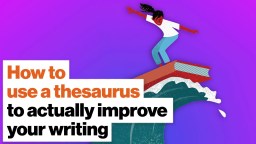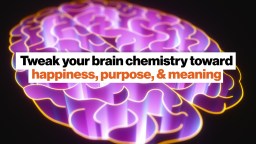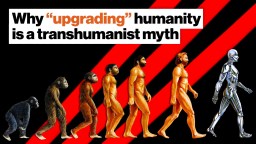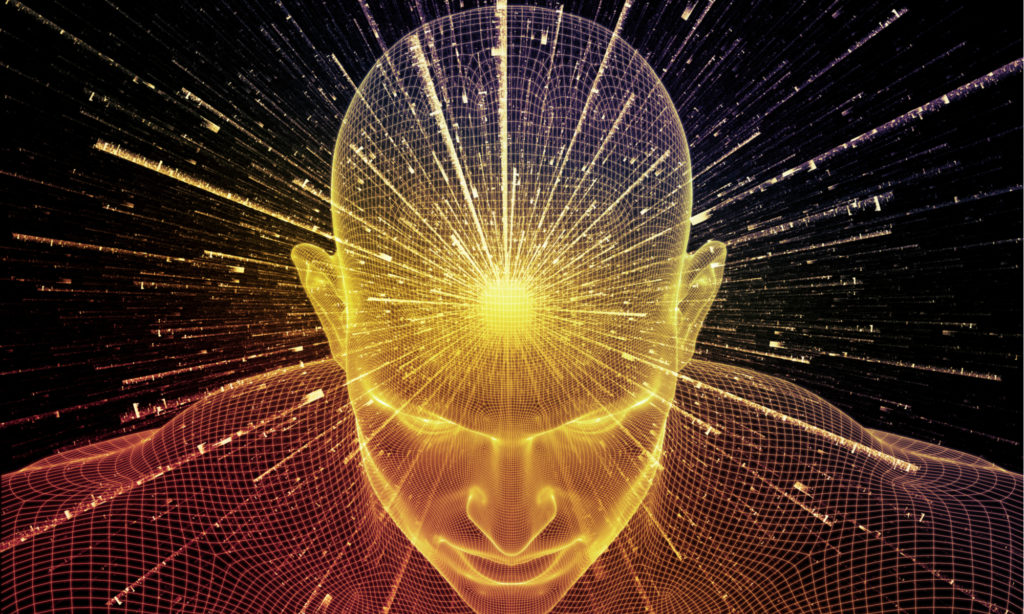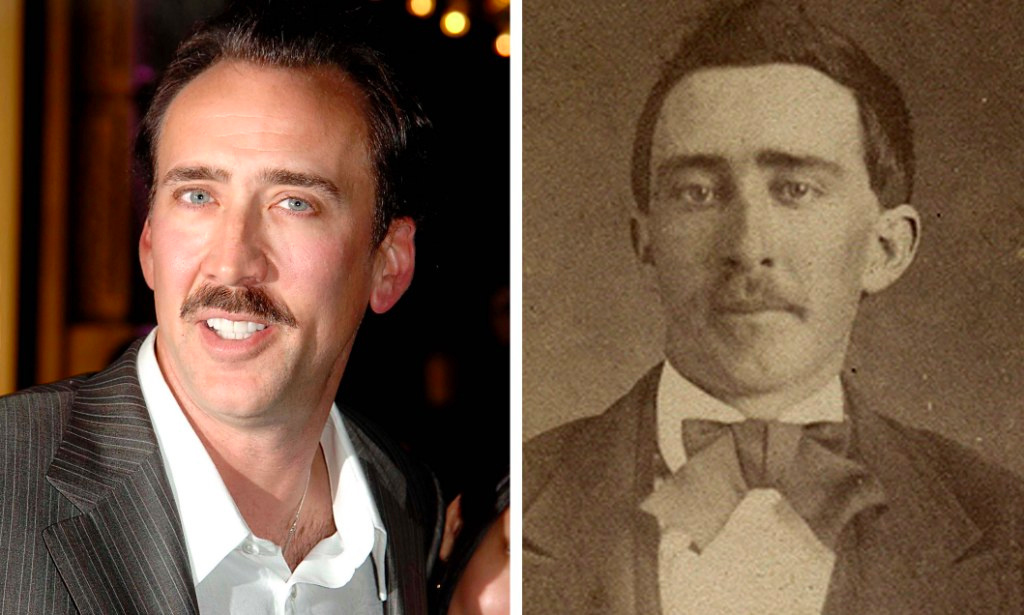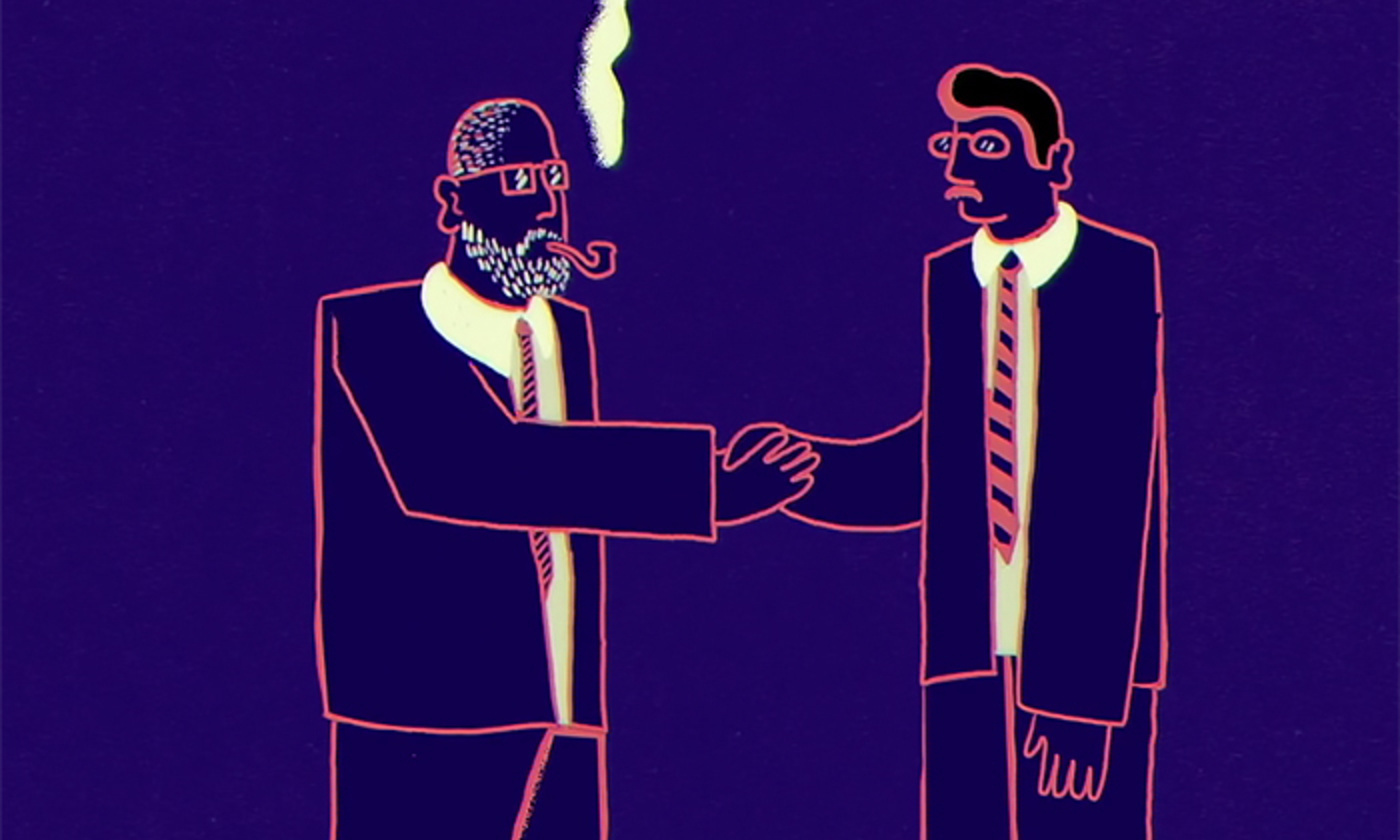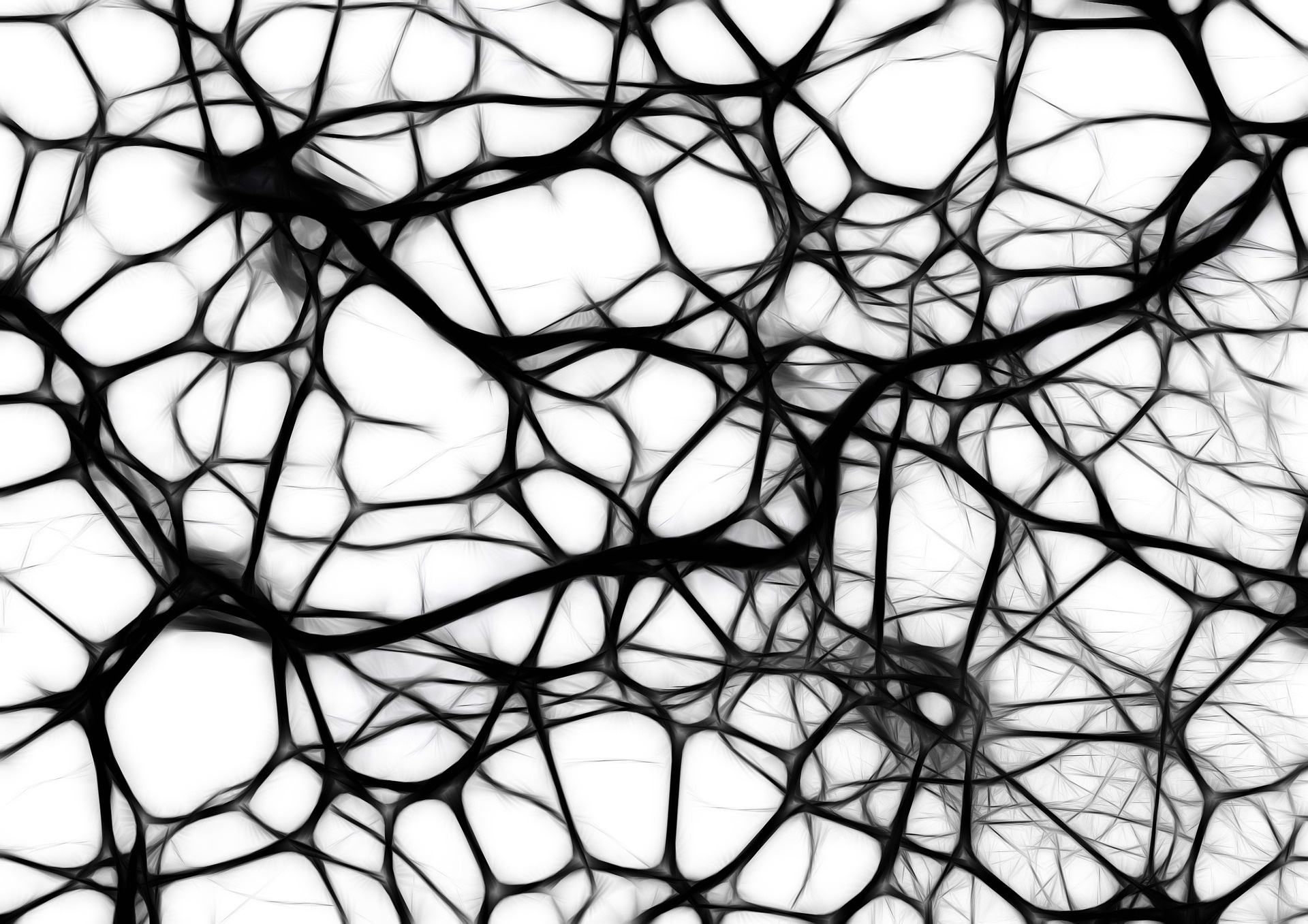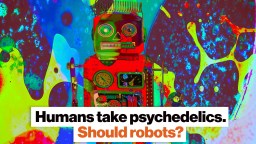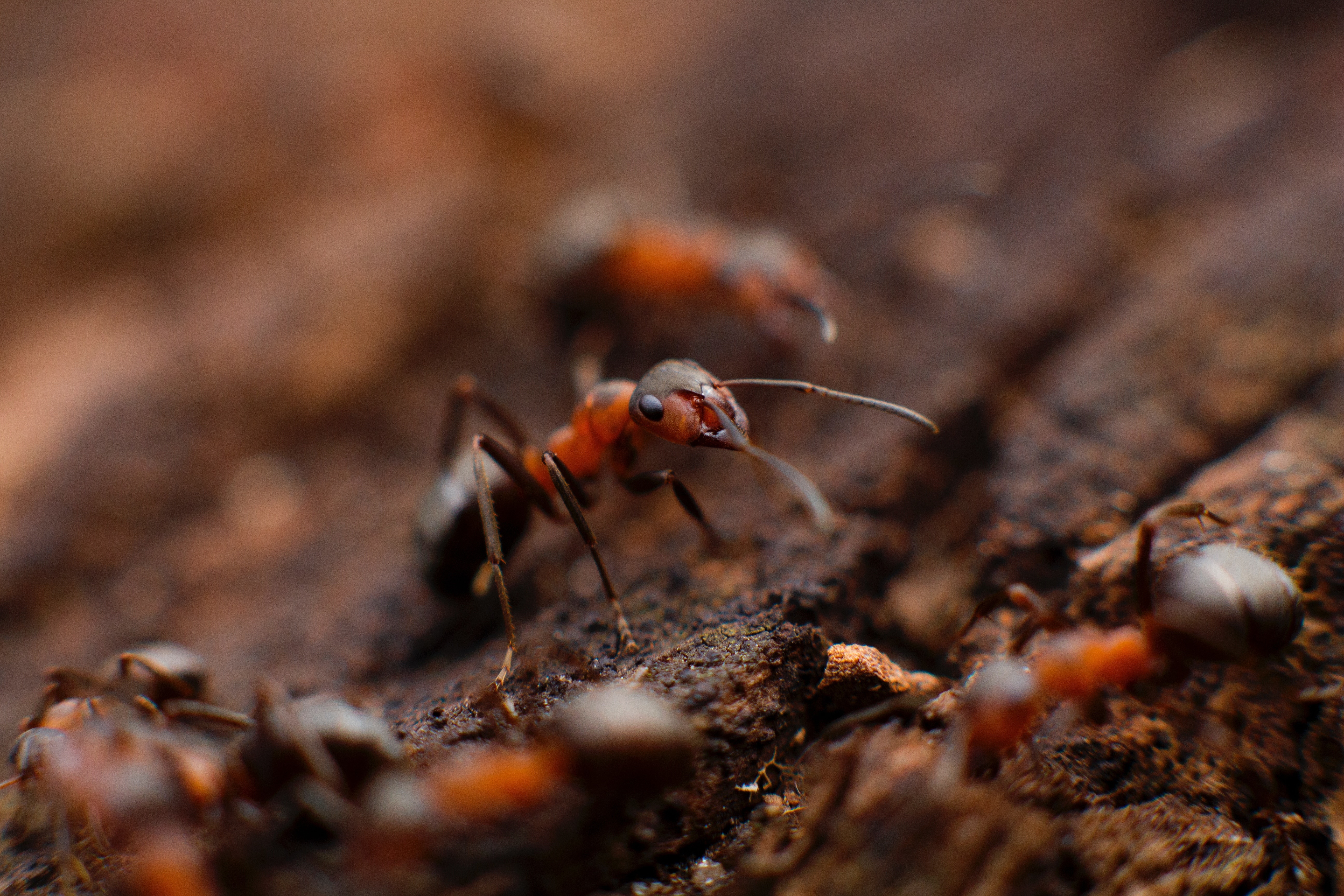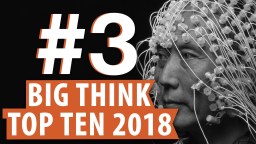brain
It’s not just ostriches who stick their head in the sand.
A study on the effects of LSD microdosing shows some fittingly strange results.
Looking up big, fancy words won’t make your writing better. But a thesaurus can help – if you use it like this.
▸
6 min
—
with
A new study takes a fresh look at the mechanics of forming habits.
Ancient beverages such as tea and chamomile can heighten your modern-day performance.
This means the disease may be curable and a vaccine possible.
Almost 200 cognitive biases rule our everyday thinking. A new codex boils them down to 4.
It increases their brains’ gray matter volume.
A new study shows promise for epigenetic treatments for humans suffering from Alzheimer’s disease.
Even some teachers suffer from anxiety about math.
Research by neuroscientists at MIT’s Picower Institute for Learning and Memory helps explain how the brain regulates arousal.
Our attention is more than just a resource. It is an experience.
Upload your mind? Here’s a reality check on the Singularity.
▸
5 min
—
with
Some experts say there’s no such thing. I choose to believe there likely is.
A definition of death is surprisingly malleable, leading to complications when it comes to organ donation.
The dogs’ ability to recognise and process human faces surpasses even that of monkeys. This newly-identified brain region may be the reason why.
Digging deeper into the mystery of the brain, soul, and consciousness.
Researchers discover whether genes or social interaction shape personality.
The study suggest implicit biases can change significantly over a relatively short timeframe.
How mutual admiration was torn asunder by the sex drive: Freud, Jung and the schism at the heart of psychoanalysis.
None of these steps are quick or easy, but practice and online courses can help.
The first steps toward developing tools that could help disabled people regain the power to speak.
The secret to a calmer trip to work could be hidden in plain sight.
Psychedelics are crude drugs. Could neuroscience and super-intelligent AI help us design something better?
▸
6 min
—
with
Three study participants described their own memories as almost completely lacking a first-person perspective or involving any sense of “re-experiencing.”
The countdown continues! This is the #3 most popular video of 2018.
▸
3 min
—
with
Remaining mentally active slows dementia’s symptoms, if not its progress.


